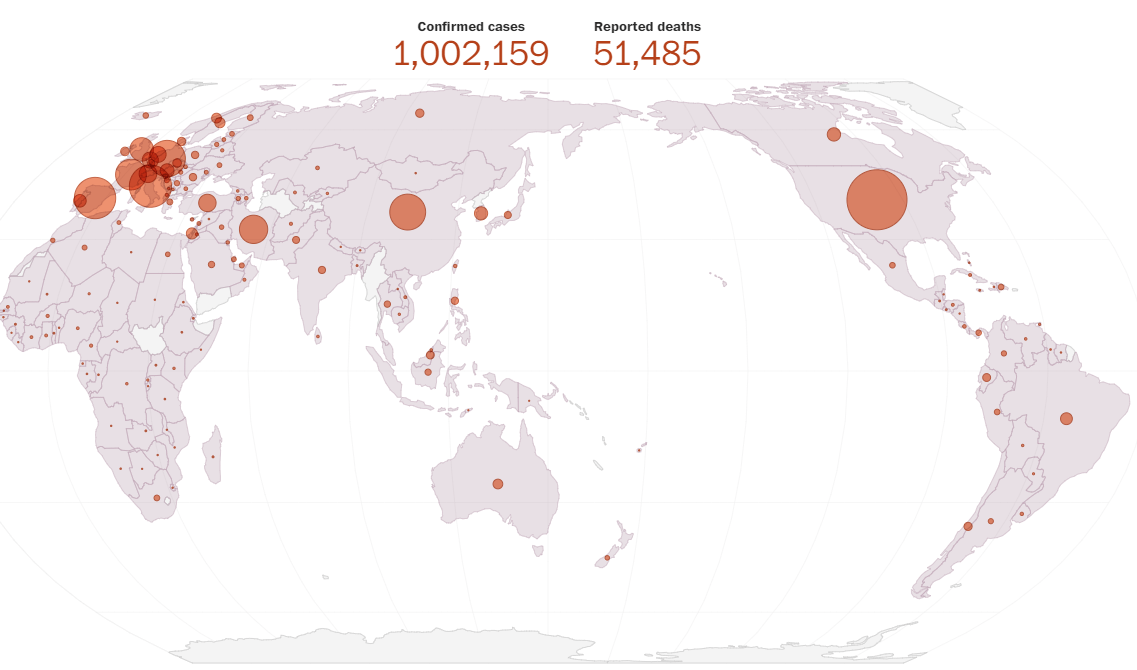The Costly Failure of Lockdowns: A Systematic Review and Meta-Analysis of COVID-19 Mortality
Abstract:
The COVID-19 pandemic prompted governments worldwide to implement various measures, including lockdowns, to mitigate the spread of the virus. This paper presents a systematic review and meta-analysis conducted by the Institute of Economic Affairs, London, to assess the impact of lockdowns and other COVID-19 restrictions on mortality rates. The analysis is based on empirical evidence from 22 studies encompassing actual measured mortality data, rather than relying on epidemiological modeling. The results demonstrate that lockdowns had a negligible effect on COVID-19 mortality, while imposing significant economic, social, and political costs. The findings emphasize the importance of voluntary behavior changes, such as social distancing, in mitigating the pandemic. This paper calls for a reconsideration of the effectiveness of lockdowns as a primary strategy in controlling future pandemics.
Introduction
The COVID-19 pandemic necessitated the implementation of strict measures, including lockdowns, to curb the spread of the virus. However, the efficacy and impact of these measures remain subjects of debate. This paper aims to critically analyze the mortality outcomes associated with lockdowns, social distancing measures, and other non-pharmaceutical interventions (NPIs) by conducting a systematic review and meta-analysis of empirical studies.
Methodology
A systematic search and screening procedure were employed to identify relevant studies. Out of 19,646 studies initially identified, 32 studies qualified for further analysis. Of these, 22 studies provided measured mortality data and were suitable for meta-analysis. The analysis focused on comparing the mortality rates during periods of lockdown and stringent NPIs with less strict policies, such as those observed in Sweden.
Results
The meta-analysis revealed that the average lockdowns in Europe and the United States in the spring of 2020 only reduced COVID-19 mortality by 3.2%. This translated into approximately 6,000 avoided deaths in Europe and 4,000 in the United States. Shelter-in-place orders were relatively ineffective, reducing COVID-19 mortality by 2.0%, resulting in approximately 4,000 avoided deaths in Europe and 3,000 in the United States. Specific NPIs implemented in the spring of 2020 reduced COVID-19 mortality by 10.7%, significantly less than estimates derived from epidemiological modeling. This amounted to approximately 23,000 avoided deaths in Europe and 16,000 in the United States.
Discussion
The findings challenge the initial predictions made by modeling exercises, such as those from the Imperial College of London, which estimated millions of lives saved through lockdowns. In comparison to annual flu deaths, the impact of COVID-19 lockdowns appears disproportionately low. The analysis suggests that voluntary changes in behavior, such as social distancing, played a crucial role in mitigating the pandemic. Moreover, the study highlights the substantial economic, social, and political costs associated with lockdowns, including stunted economic growth, increased public debt, rising inequality, damage to children’s education and health, reduced health-related quality of life, increased crime rates, threats to democracy, loss of freedom, and damage to mental health.
Conclusion
Based on the comprehensive evaluation of empirical research, this study concludes that lockdowns were a failed promise. While having negligible health effects on COVID-19 mortality, they imposed disastrous economic, social, and political costs on society. The findings underscore the need to reconsider the effectiveness of lockdowns as a primary strategy for controlling future pandemics. Future pandemic response strategies should focus on voluntary behavior changes, tailored NPIs, and a balanced approach that considers the collateral effects on society.
References:
- Campbell, J. (2023, June 5). Lockdowns were a costly failure. Retrieved from https://iea.org.uk/publications/did-l…
- Institute of Economic Affairs. (2022, January). Did lockdowns, Covid restrictions, social distancing measures etc. effect COVID-19 mortality, based on empirical evidence. Retrieved from https://sites.krieger.jhu.edu/iae/fil…
- NHS Digital. (n.d.). Mental health. Retrieved from https://digital.nhs.uk/services/organ…
Keywords: COVID-19, lockdowns, mortality, non-pharmaceutical interventions, systematic



